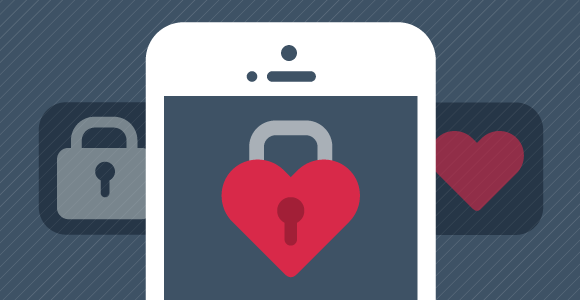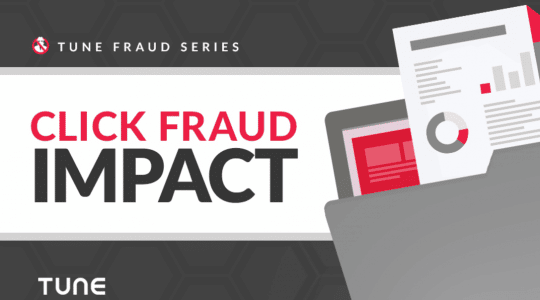This article is co-authored by Heidi Grey and Saira Nayak.
Online dating is the modern version of the fairy tale ball or the good old-fashioned barn dance. Instead of everyone sashaying across the marble floor or batting their eyelashes amongst bales of hay, we are messaging, swiping right (or left) and “winking” our way through the masses. The modern day meet-cute is realizing a Tindr match is just a block away on a Friday night. How convenient, right?
This level of accessibility is no longer a luxury of online dating, it is a staple. With long work hours, numerous social engagements and the constant whirlwind of “the next best thing” phenomenon, dating apps and sites are striving to meet the demand of the modern single. They are also trying to provide their single users a reliable way to exchange private, sensitive information about desires and behavior patterns – practically a must for any user who wants to fully engage with the online dating community.
So how are dating apps supposed to approach these “shades of grey” and provide privacy protections to consumers while also allowing the sharing of sensitive information about a user’s most intimate desires and behaviors? We think there are at least three things that dating apps and sites can be doing now that respect the user’s privacy, and provide a phenomenal dating experience.
1. Think about user expectations when using data
To illustrate, let’s remember the two recent experiments conducted by OkCupid, one of the most popular dating sites in the world with over 10 million unique visitors a month. In the first experiment, OkCupid decided to tell pairs of “bad” matches that they were “exceptionally good” for each other. It’s unclear whether any of the bad matches made good, but the outcome was that users sent more first messages than they would have otherwise. Another OkCupid experiment focused on the importance of profile content: words vs. photos. Photos won by a landslide, therefore proving that at least in the dating context, a picture was worth more than (a thousand) words.
It’s unclear what OkCupid gained from these experiments (which were disclosed after Facebook’s controversial experiment around negative news stories on user’s Facebook feeds). Even though OkCupid insisted that such experiments were noted in its privacy policies, and users were therefore notified, it’s clear that this type of testing was not within the expectation of the average OkCupid user.
The lesson for the rest of us? Be aware of how you are using data collected from users. Even if you’ve noted the specific type of use e.g. testing (perhaps in small print in your privacy policy), it won’t help you win the trust of users if that use is unexpected. If you have “secondary” uses of data that can’t be reasonably anticipated by your users, consider providing a “just in time” notice. If you are conducting experiments to improve your product or service, consider following some best practices. For instance, this article contrasts the difference in how the Facebook and OkCupid experiments were conducted, e.g. Facebook had empirical research standards, control groups, etc.
2. Invest in solid data security practices
Just in time for Valentine’s Day, IBM has released their survey of dating apps and the findings are far from heart-warming – about 60% of Android apps have serious security concerns. When we say serious, we mean security vulnerabilities that would give a hacker access to your current and historical location data (or in other words, be able to track your previous and current locations). Or, would enable a malicious actor to hijack your camera on your smartphone, or even your profile on a dating site. An even bigger concern for employers – about 50% of these insecure dating apps were found on the user’s work phone or device.
The lesson for dating apps and sites? Make sure to secure your user’s data against security vulnerabilities. The concern here isn’t just data breaches of your user’s credit card and billing information, but also cross-scripting attacks that could render your dating services useless and quickly drain user trust.
And for users of dating apps and sites? Be careful and exercise caution when posting information about yourself to that online dating profile.
3. Don’t be deceptive
The FTC has been fairly quiet when it comes to dating apps – they refused to investigate Facebook and OkCupid experiments even when urged to by Senator Mark Warner (D-VA). However, last October, the agency pursued its first and only action against a dating app – UK dating conglomerate JDI Dating, operator of such favorites as findmelove.com, cupidswand.com, and flirtcrowd.com.
The FTC found that JDI was inserting fake profiles into the search requests of users who had signed up for the service but who had not yet upgraded to a paid subscription. As reported in the FTC’s complaint and subsequent settlement, as soon as a new user set up a free profile, he or she began to receive messages that appeared to be from other members living nearby, expressing romantic interest or a desire to meet. However, users were unable to respond to these messages without upgrading to a paid membership. And as it turns out, these messages were from fake users – that were specifically planted by JDI to incentivize users of the free service to upgrade to the paid subscription.
The result for JDI was a significant fine – over $660,000, with additional prohibitions against misrepresenting material facts about JDI’s dating services, and their cancellation and refund policies.
The final lesson here is obvious – be upfront with your users about how your service works. Don’t tease them with fake profiles of potential dates that don’t actually exist. And don’t risk an FTC action that could cause you brand and monetary damage.
In summary
Dating apps and sites will continue to face challenges when figuring out what is and is not within the realm of consumer expectations when it comes to love and dating online. But by following these three steps – being transparent about secondary or unexpected uses, employing strong security measures to safeguard your user’s valuable data, and being upfront with your users about your service and how it works – online dating apps and sites should be able to navigate these uncharted waters with some certainty.
All aboard!
Author
Becky is the Senior Content Marketing Manager at TUNE. Before TUNE, she handled content strategy and marketing communications at several tech startups in the Bay Area. Becky received her bachelor's degree in English from Wake Forest University. After a decade in San Francisco and Seattle, she has returned home to Charleston, SC, where you can find her strolling through Hampton Park with her pup and enjoying the simple things in life.





Leave a Reply
You must be logged in to post a comment.